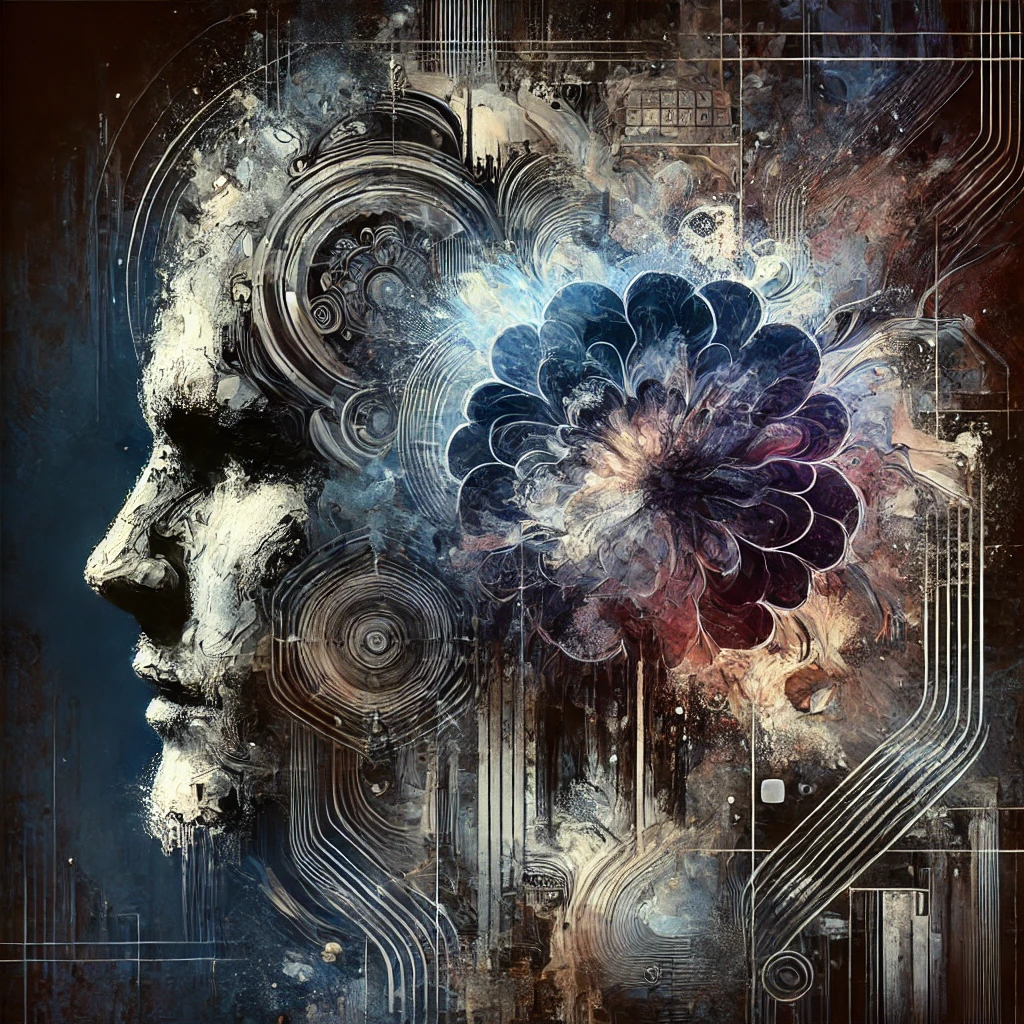The Corrections
In “The Corrections,” Jonathan Franzen crafts a vivid tapestry of family life, exploring the complexities and contradictions that bind us. The Lambert family, with its mix of humor and heartbreak, is both relatable and unique. As each member grapples with personal struggles, Franzen’s keen observations and rich prose invite readers to reflect on their own familial ties. This novel is a poignant reminder of the enduring, if imperfect, bonds that shape our lives.
 Psychological fiction delves into the intricacies of the human mind, exploring themes of mental conflict, emotional depth, and inner turmoil. This genre focuses on the internal experiences of characters, often presenting complex emotional and psychological challenges that drive the narrative. Rather than relying on external action, psychological fiction emphasizes character development, internal dialogue, and the nuanced exploration of thought and emotion.
Psychological fiction delves into the intricacies of the human mind, exploring themes of mental conflict, emotional depth, and inner turmoil. This genre focuses on the internal experiences of characters, often presenting complex emotional and psychological challenges that drive the narrative. Rather than relying on external action, psychological fiction emphasizes character development, internal dialogue, and the nuanced exploration of thought and emotion.